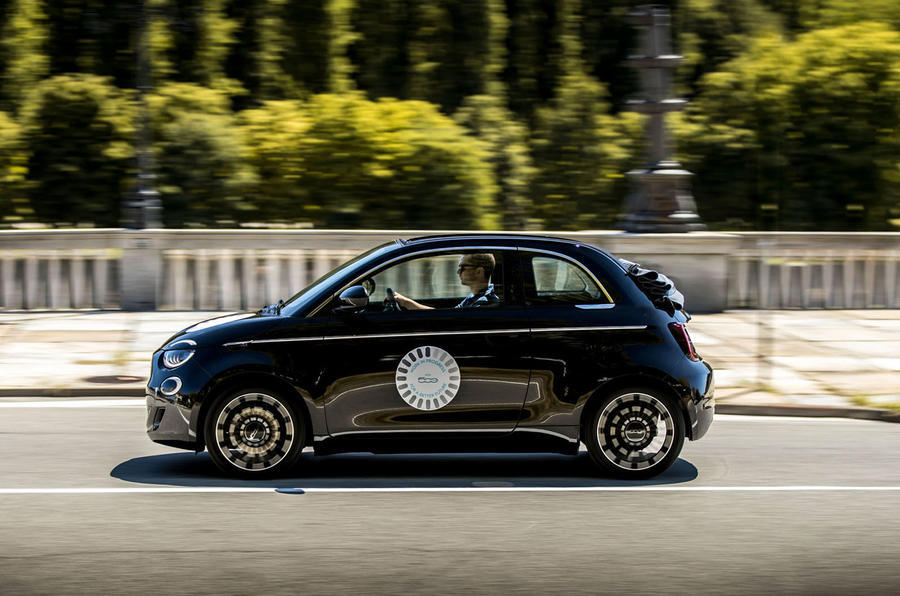Global car giant Stellantis has said it will generate €20 billion in revenue from software-enabled products and subscriptions in 2030, as it gears up for a new era of over-the-air updates and artificial intelligence (AI).
The firm, which owns Abarth, Alfa Romeo, Citroen, DS Automobiles, Fiat, Jeep, Maserati, Peugeot and Vauxhall, announced today that it will invest more than €30bn to 2025 to execute the “software and electrification transformation”.
In the short term, it will mean that by 2024, the majority of all new vehicles will be fully updatable over the air. Today, Stellantis has 12 million monetisable connected cars globally. By 2026, this is set to grow to 26 million vehicles and make €4bn in revenues, and by 2030 it will reach 34 million vehicles and €20bn in annual revenues.
The firm has identified five areas in which to grow its software and connected services business: services and subscriptions; features on demand; data as a service and fleet services; vehicle pricing and resale value and conquests; and service retention and cross-selling.
It has also announced three new AI technology platforms, to be deployed from 2024: STLA Brain, STLA SmartCockpit and STLA AutoDrive.
STLA Brain is over-the-air capable with 30 modules rather than today’s 10. Stellantis said it “breaks today’s bond between hardware and software generations, enabling software developers to create and update features and services quickly without waiting for a new hardware launch”. These over-the-air updates will “dramatically reduce costs for both the customers and Stellantis, simplify maintenance for the user and sustain vehicle residual values”, added the company.
The second platform, STLA SmartCockpit, is intended to “seamlessly integrate with the digital lives of vehicle occupants to create a customisable third living space”. It is developed in partnership with Foxconn and delivers AI-based applications such as navigation, voice assistance, e-commerce marketplace and payment services.
Finally, STLA AutoDrive, developed in partnership with BMW, will offer level two, level two+ and level three autonomous driving capabilities and will be continuously upgraded through over-the-air updates.
The partnership with Foxconn aims to design new flexible semiconductors for both Stellantis and third-party customers. Stellantis said the four families of chips will cover more than 80% of the firm’s micro-controllers’ needs, helping “to greatly simplify the supply chain”. These chips are set to be in Stellantis vehicles by 2024.





Join the debate
Add your comment
So in three years they'll still be behind Tesla?
Tesla have continually added new features via Wi-Fi to my car in the last two years. None have been charged for, many have been great additions, some nice improvements and tweaks too.
Excuse me for the repetitiveness. I read the names of all manufacturers under Stellantis and wonder wether the software transformation will improve the mediocre reliability of their cars. I suspect the trend will shift to the wrong side.
Yes! I really want to pay a monthly subscription (to add to my monthly car payments as none of us will be able to actually buy and own a car by then) just so my speedometer can keep working!
Motorists should be boycotting any manufacturer proposing stuff like this - I'm fed up of not being able to actually buy something and own it any more - everything is just like some never-ending money parasite of subscription fees bleeding you dry!
Stuff software and give me a mechanical machine that gets me from A to B with a few simple dials that I monitor and control myself - in other words, a car!
Unfortunately for you, but fortunately for the world, cars will be autonomous and much less people will be killed in cars and by cars.